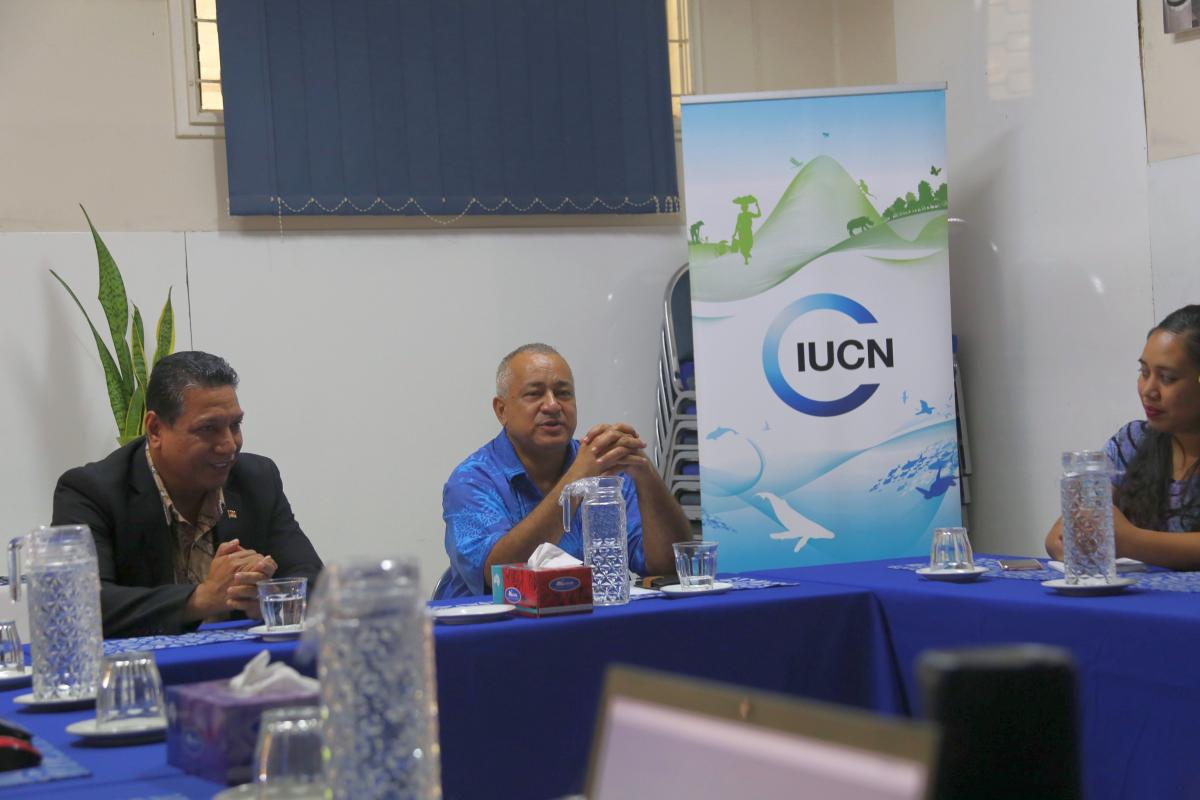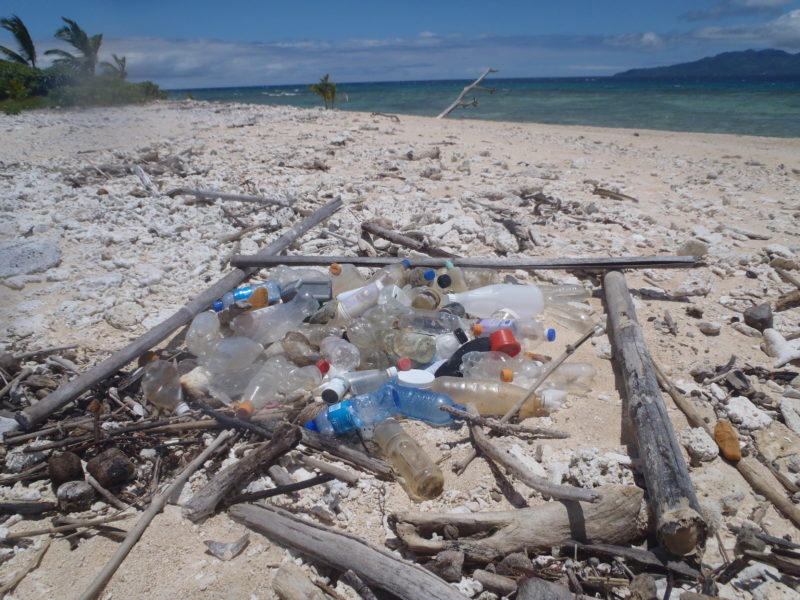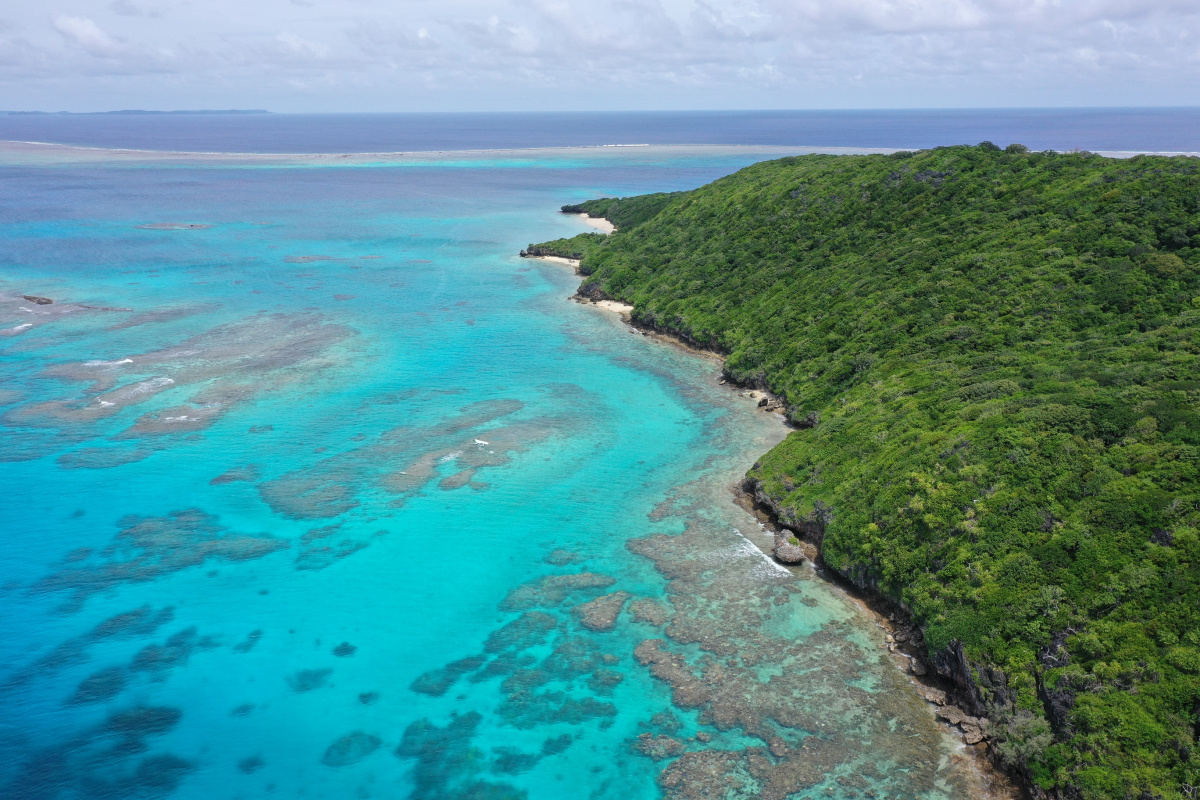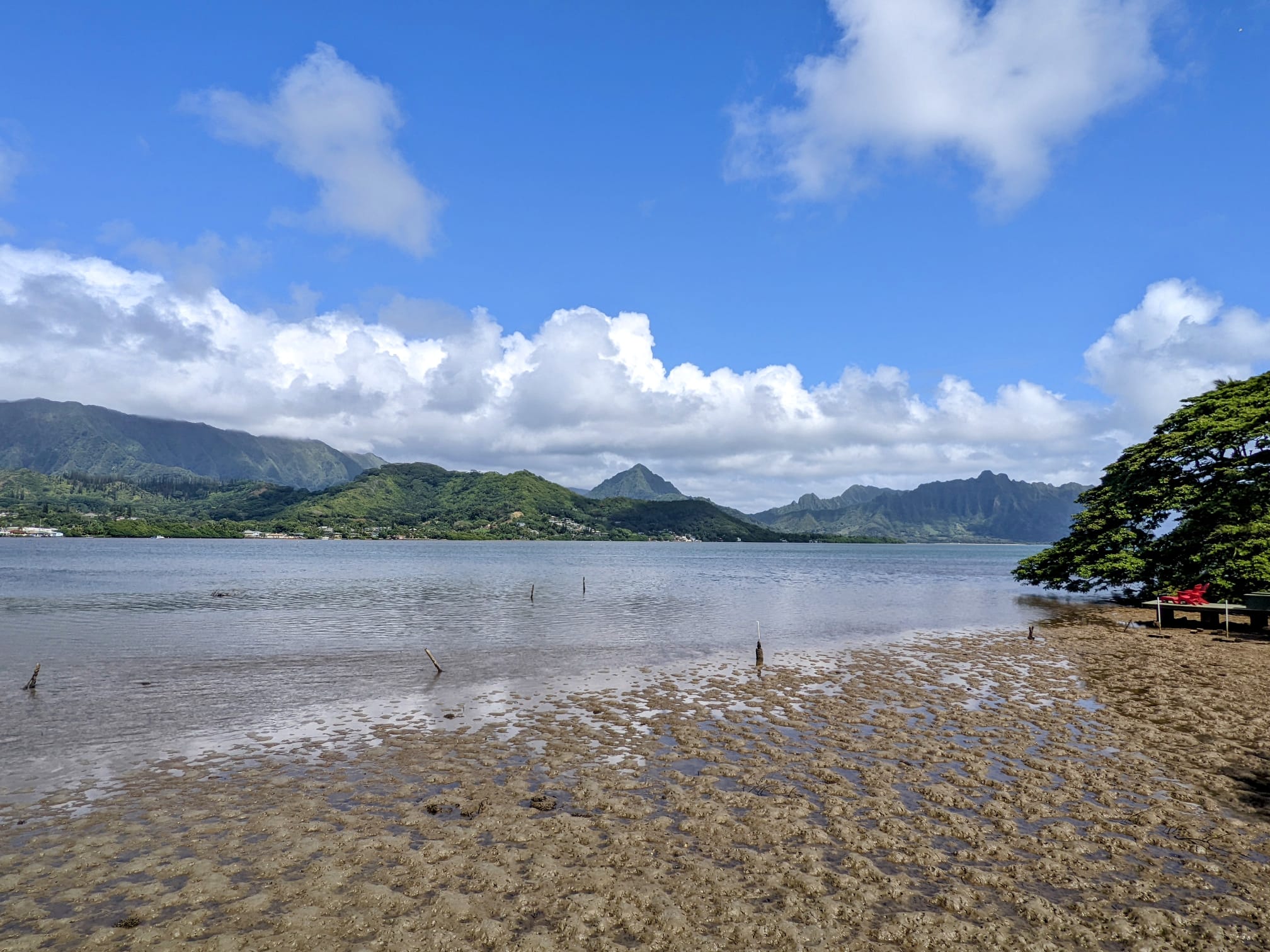IUCN welcomes Kiribati as new State Member
IUCN extends a warm welcome to the Republic of Kiribati, which has officially announced its decision to become a Member of IUCN by endorsing the IUCN Statutes. The Ministry of Environment, Lands and Agricultural Development has been designated by the State as its liaison with the IUCN Secretariat.

Photo: IUCN
The Republic of Kiribati’s coral reefs boast some 120 species of coral and over 500 species of fish including sharks and rays, as well as whales, dolphins and sea turtles. Mangroves and seagrasses form part of the rich marine ecosystems in this remote island chain and the country is home to a number of important bird populations, including 21 breeding sea bird species, some of which are considered globally important.
The islands’ remoteness is a contributing factor to the fact that the reefs in the area are healthy with abundant and rare marine species. However, climate change and pressure on some resources are threatening the Islands and people of the nation.
The adhesion of the Republic of Kiribati as a State Member of IUCN will not only enhance IUCN’s presence in the region, but also strengthen the Union’s capacity to influence, encourage and assist governments, civil society and the private sector in the good governance of the world’s natural resources and environment.
“Kiribati has been in the forefront in the fight against climate change and is a world leader when it comes to protecting her marine resources and PIPA is a good example of Kiribati’s leadership in this area,” says Mason Smith, IUCN Regional Director, Oceania. “We are therefore excited that Kiribati has joined IUCN as a state member and we look forward to working closely with the Ministry of Lands, Environment and Agriculture Development in furthering Kiribati’s natural resource and sustainable development goals”.
In recent years, the IUCN Regional office in Fiji (IUCN ORO), through the Marine and Coastal Biodiversity Management in Pacific Island Countries project, has worked with the Republic of Kiribati to help them transform their ocean management. The Republic of Kiribati’s State membership with IUCN will further strengthen this collaboration on conservation programme, policy development and protected area governance system, and will enhance regional and international engagement.
IUCN looks forward to continuing to support the Republic of Kiribati in its efforts towards the conservation of its rich and divers ecosystems and to the equitable and sustainable use of the natural resources of the country, thereby contributing to its socioeconomic development.



